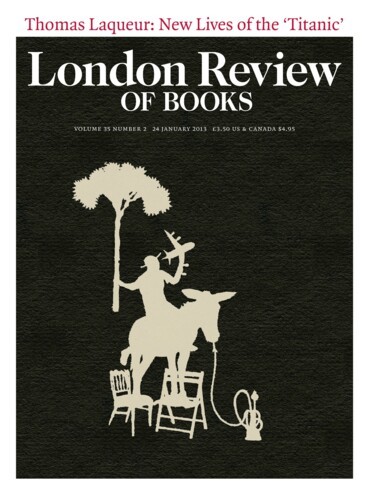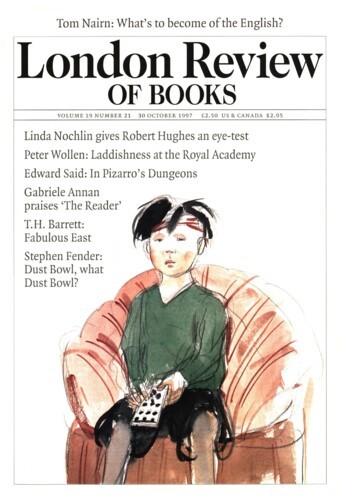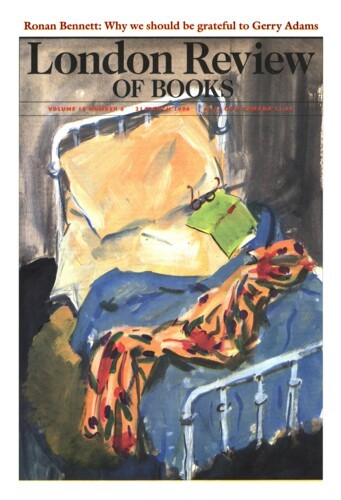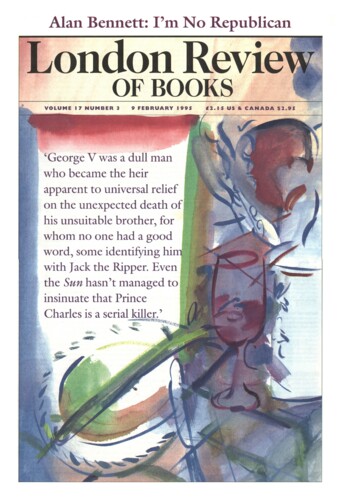All This Love Business: Vanessa and Julian Bell
Jean McNicol, 24 January 2013
Julian Bell returned briefly to England in the spring of 1937. He was 29; he had been teaching in China for 18 months and was now determined to fight in Spain. Everyone knew this was his plan, or rather everyone except his mother, Vanessa, whom Julian had told that he might not go, that ‘of course it would depend on my persuading you.’ Perhaps he’d stay and work for the Labour...





